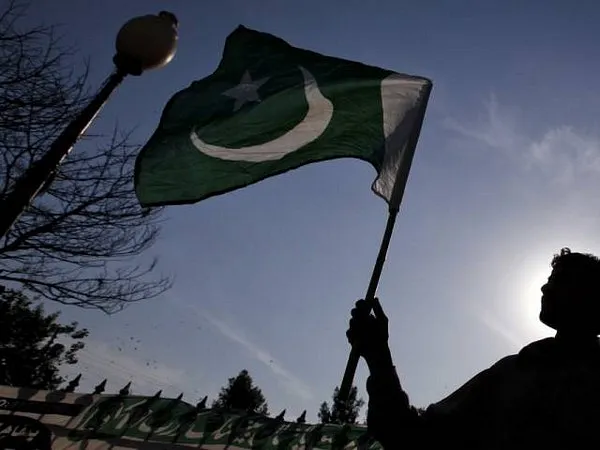The Human Rights Commission of Pakistan (HRCP) expressed its concern at the alarming polarization in political discourse, which it said was detrimental to the cause of democracy in the country.
The HRCP made these observations after the conclusion of the biannual meeting of its governing council.
“It is equally concerned about the ensuing economic instability, the runaway inflation and the threat of food insecurity that are disproportionately impacting the working and middle classes. Punjab, the country’s biggest province, stays in a political limbo. HRCP calls for a non-partisan consensus on crucial issues facing the country,” the HRCP said.
The Council highlighted multiple grave human rights issues being faced by the populace, including the impact of climate change evident in the recent glacial flooding in Gilgit-Baltistan, the ongoing heatwave in Punjab, and the acute water shortages in Sindh and Balochistan.
“It noted the worsening instances of police brutality against peaceful protestors across Pakistan with arrests of activists and political workers on anti-state charges becoming a common feature. Freedom of the press is under continuous stress and journalists have been persistently targeted,” the HRCP said.
The group highlighted how there is no letup in cases of enforced disappearances, particularly in Balochistan, Sindh and KP.
“What is worse is the uptick in enforced disappearances of Baloch and Pashtun students. It reiterates its demand to enact the law that criminalises enforced disappearances and the state must ratify the International Convention for the Protection of All Persons from Enforced Disappearance,” the group said.
According to the report, violence against women and transgender persons showed no signs of abating.
Religious and sectarian minorities remain vulnerable, with incidents such as the mob lynchings in Sialkot and Mian Channu, the attack against Shia worshippers in Peshawar, and desecration of Ahmadiyya graves, becoming more frequent, it added.
The HRCP called on the state to curb the rising tide of religious extremism, and grant the National Commission for Minorities a statutory position in light of the Tassaduq Jillani Supreme Court judgement 2014 so it may fulfil its duties.

